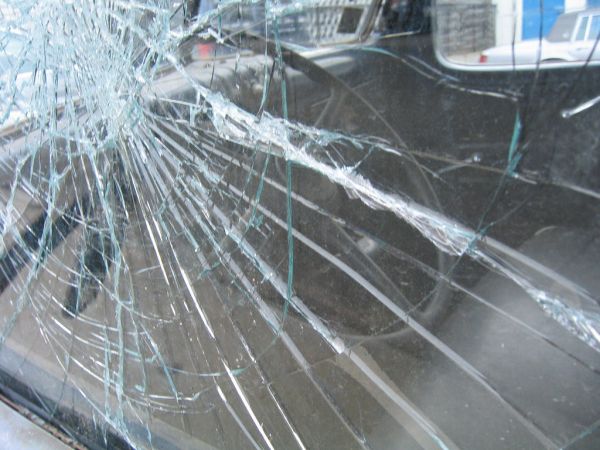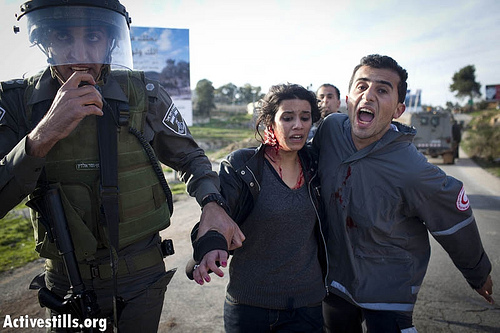-
61 year old Palestinian woman in intensive care after settler attack
by Fransisco Reeves 3 February 2012 | International Solidarity Movement, West Bank When your land is occupied by those who harbor hatred towards you emanating from a belief that they are inherently superior to you, each day brings with it a genuine threat to the security of your life and the lives of your loved […]
-
Donor Opium: The impact of international aid to Palestine
3 February 2012 | Donor Opium For twenty years now the international donor community has financially supported Palestinian institution-building, infrastructure development, the economy, public employees’ salaries, health and education, social welfare, the police, electricity production, private credit guarantees, and the bigger part of the civil society organizations with regards to democracy promotion, human rights, tolerance, […]
-
13 injured in Nabi Saleh during weekly non-violent protest
3 February 2012 | International Middle East Media Center During the weekly non-violent protest in the village of an-Nabi Saleh on Friday several injuries were reported including that of a French citizen who was struck in the neck by an Israeli projectile. The young woman, reported to be named Amessi, was struck in the neck, […]
Action Alert An Nabi Saleh Apartheid Wall Arrests BDS Bethlehem Bil'in Cast Lead Demonstration Denial of Entry Ethnic Cleansing Farmers Gaza Global Actions Hebron House Demolition International law Israeli Army Jerusalem Live Ammunition Nablus Ni'lin Prisoner Ramallah Rubber-coated steel bullets Settlement Settlers Settler violence Tear-Gas Canister Video


